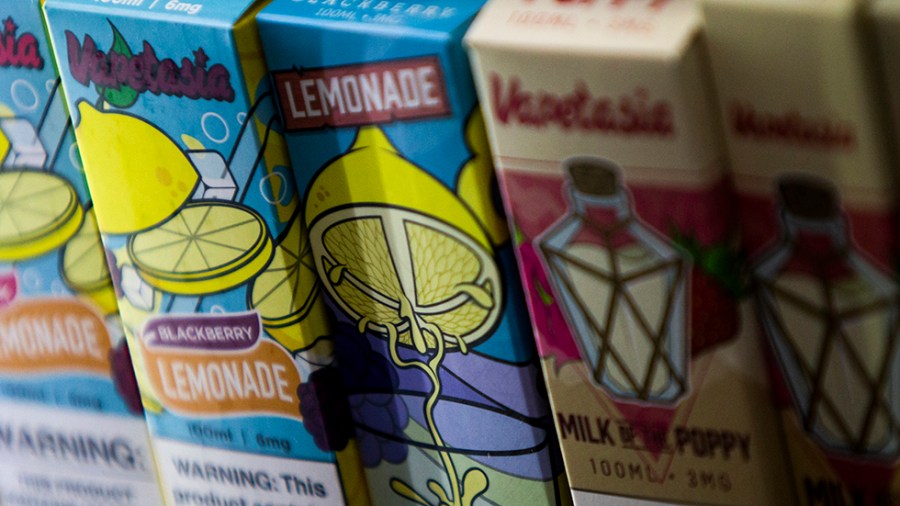A unanimous Supreme Court on Wednesday overturned a lower court ruling and found the Food and Drug Administration acted lawfully when it blocked two vaping companies from marketing fruity and dessert-flavored liquids for their electronic nicotine products.
The justices rejected an earlier ruling from the U.S. Court of Appeals for the 5th Circuit that FDA violated the Administrative Procedures Act and unfairly changed its standards while reviewing the companies’ applications. The justices remanded the case back to the lower court to reconsider.
The opinion, written by conservative Justice Samuel Alito, indicated the agency acted properly, and had been clear from the outset that it was making decisions based on whether the products appealed to young people.
“Affected parties may have come away with the impression that the agency would apply a less demanding standard of proof than is evident in the denial orders the FDA ultimately issued,” Alito wrote.
But “in the end, we cannot say that the FDA improperly changed its position with respect to scientific evidence” and other guidelines, Alito added.
The FDA has authorized the sale of only 34 e-cigarette products, and all except one have been tobacco flavored, which is not widely used by young people.
The agency contends that it has not banned flavored e-cigarette products. Companies seeking the agency’s approval must clear a high legal bar since such products pose a “known and substantial risk to youth,” the FDA said.
The firms in question, Triton and Vapetasia LLC, sell flavored e-liquids, and in 2020 applied for marketing permission for flavors including sour grape, pink lemonade and creme brulee, and names including “Jimmy The Juice Man Strawberry Astronaut” and “Suicide Bunny Bunny Season.”
FDA denied the authorizations, finding that the companies failed to offer reliable and robust evidence to overcome the risks of youth addiction and show a benefit to adult smokers.
The companies sued. Seven federal appeals courts rejected their argument but the 5th Circuit, viewed as the most conservative panel in the country, ruled in their favor and said FDA violated the law while reviewing the companies’ applications.
The appeals court slammed FDA’s conduct, claiming the companies were told that the agency required certain studies but then changed its mind and required different studies.
The lower court said FDA asked the companies for detailed plans about how they would market their products to prevent abuse by youth, but then denied their applications without looking at them.
The FDA, then under the Biden administration, appealed.
In his opinion, Alito noted the FDA made clear what kind of evidence it needed, and the companies’ own applications were “strong evidence that regulated entities had adequate notice of the sort of comparative analysis the FDA anticipated.”

